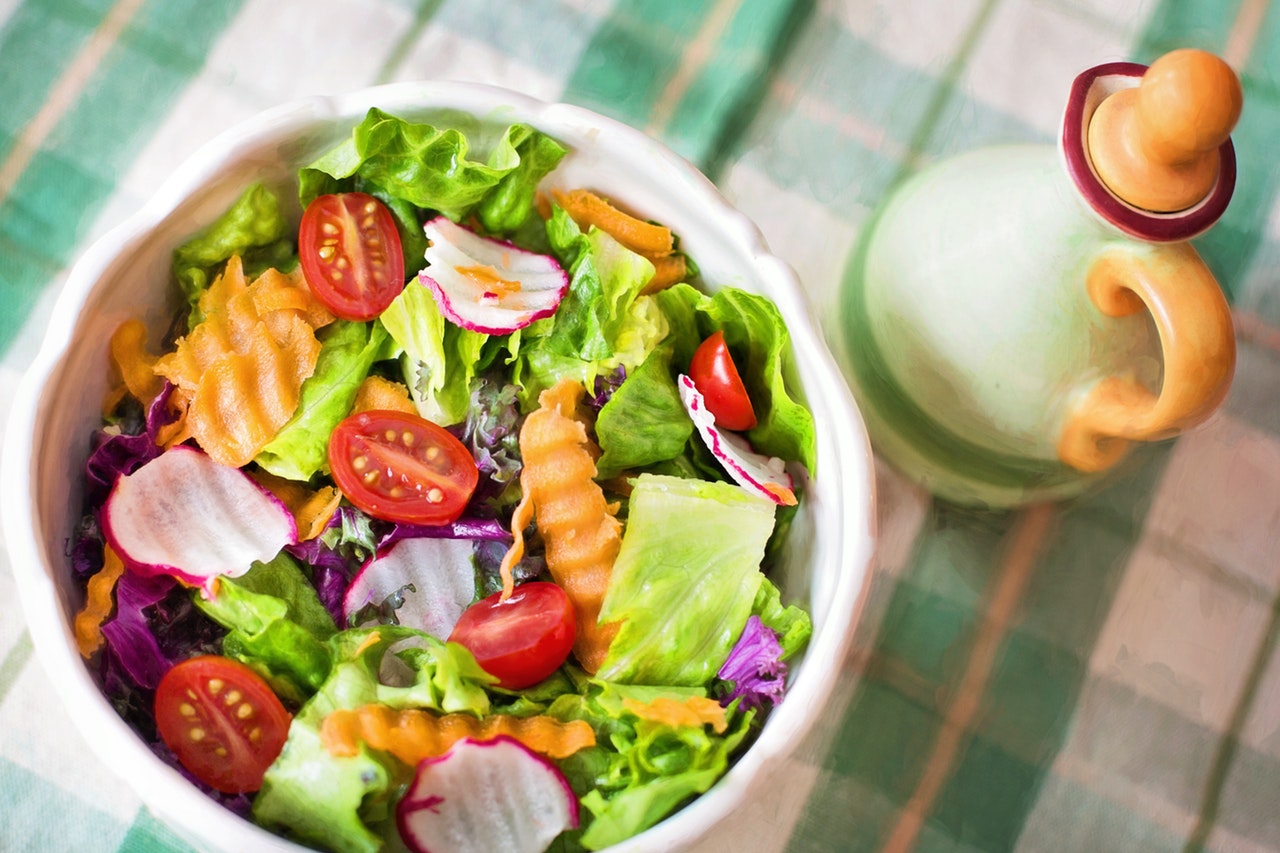
Prescription painkillers are what many people use to get rid of acute and chronic pain. However, because of the addictive nature of painkillers, many physicians are reluctant to prescribe them. The good news is that there are natural alternatives to painkillers.
1. Exercise
You may not feel like exercising if you are in chronic pain. However, moving your body can help you get rid of the pain. Moderate exercise, such as cycling or brisk walking, can help release endorphins. The endorphins naturally kill pain. Exercise also causes dopamine to bind to the same receptors in the brain that the painkillers bind to.
2. Change Your Diet
What you eat can have a positive or negative effect on the pain in your body. Certain foods, such as dairy, red meat and sugar, can trigger inflammation. It is best to eat less processed food and more fresh food. Nuts, Chia seeds, leafy green vegetables and avocados are some of the best foods that you can eat. They can help alleviate inflammation.

3. Alleviate Your Stress
If your stress levels are chronically-high, then your cortisol levels will stay high. Cortisol can trigger pain and inflammation. Stress can also worsen chronic conditions that cause pain such as arthritis or fibromyalgia. You can alleviate stress with deep breathing exercises, tai chi and meditation.
4. Turmeric
Turmeric is an ingredient that is found in curcumin. It can reduce pain and inflammation. There was a study done that involved people who took curcumin every day for three months. The subjects suffered from osteoarthritis. The results of the study showed that the subjects had a 58 percent in their pain.
5. Acupuncture
Acupuncture is a form of traditional Chinese Medicine. The practitioner will insert thin needles into different parts of the skin. Studies have shown that it is effective for alleviating pain. There was a 2012 study done that involved 12,000 people who suffered from chronic pain. The study showed that acupuncture was a safe way to treat chronic pain.
6. Capsaicin
Capsaicin is the component in chili peppers that makes them hot. It can alleviate pain by temporarily desensitizing the pain receptors in the body. There was a study done by the University of Oxford that involved patients who were suffering from arthritis. The results of the study showed that 40 percent of the subjects had a 50 percent reduction in pain.
7. Massage Therapy
Massage therapy involves manipulating the tendons, muscles and ligaments in the body. The massage therapist can rub and knead various parts of the body. In addition to using their hands, they can also use their elbows, forearm and feet to knead the body. Massage therapists stimulate endorphin release and improve blood circulation.
8. Magnesium
Magnesium is a mineral that is found in whole grains, leafy green vegetables, seeds and nuts. Despite the fact that magnesium is found in many foods, most people are not getting enough of it. That is why taking a supplement can be helpful.
There is a substance in the body called P. It can trigger pain and inflammation. Magnesium can inhibit P. One study showed that half of the people who have migraines are deficient in magnesium. The study also showed that the subjects who took magnesium had a 41.6 percent decrease in migraine frequency.
9. Fish Oil
Many people take fish oil in order to improve heart health. It can also reduce inflammation. Fish oil can break down prostaglandins. The prostaglandins are hormonal chemicals that can trigger inflammation. There was a study done by the University of Pittsburgh that involved people who had neck and back pain. Sixty-six percent of the subjects were able to stop taking pain killers after taking the fish oil for 10 weeks.
10. Ginger
Ginger is a spice that has been around for hundreds of years. It can inhibit free radical production. Free radicals can cause pain.
While there are many natural solutions for pain relief, if you or someone you know has a problem with prescription painkillers or opiate addiction, please visit this site to learn more about treatment options: https://www.therecoveryvillage.com/opiate-addiction/

